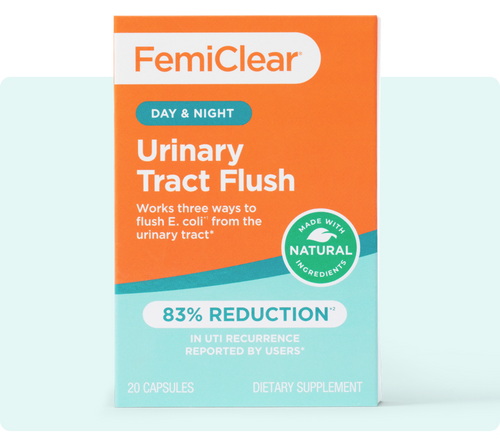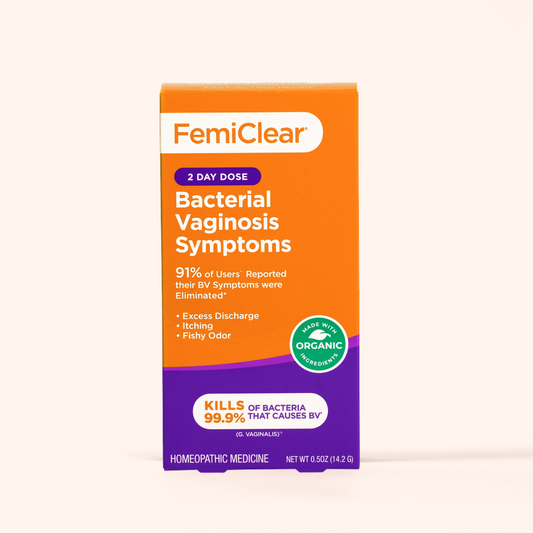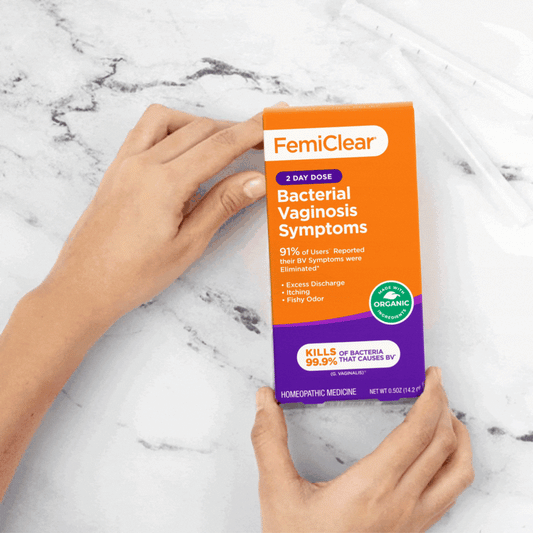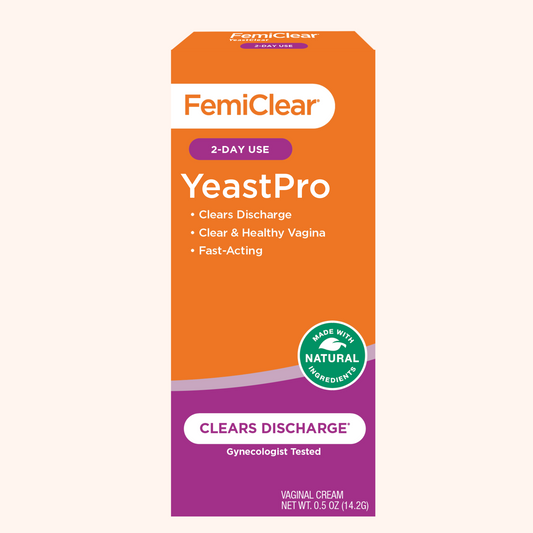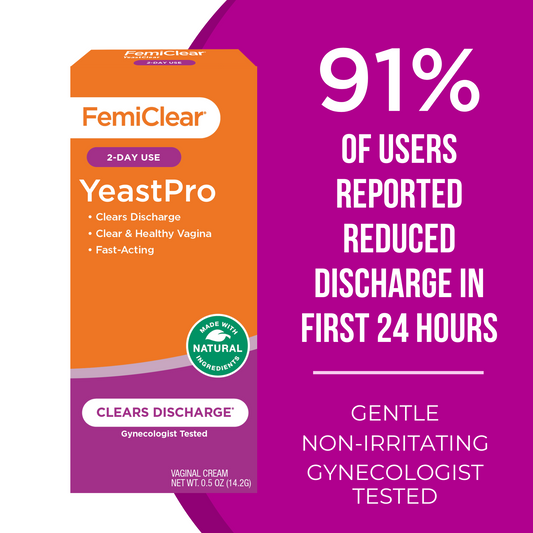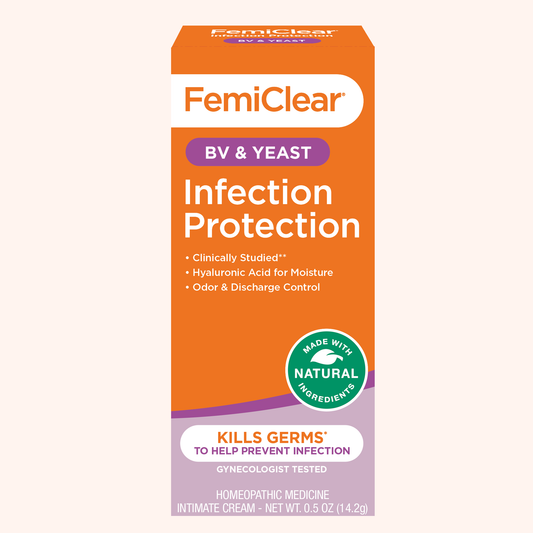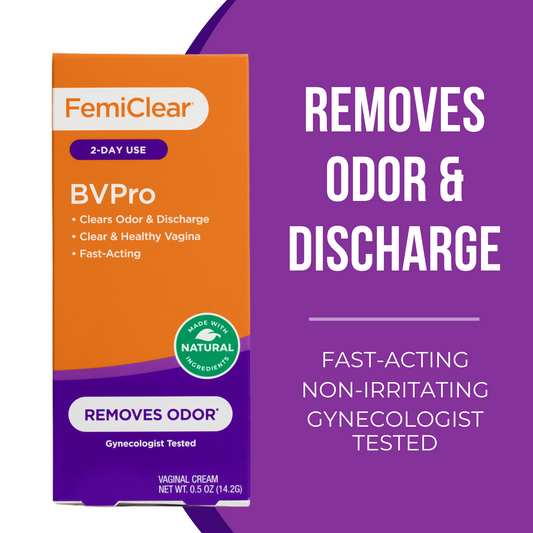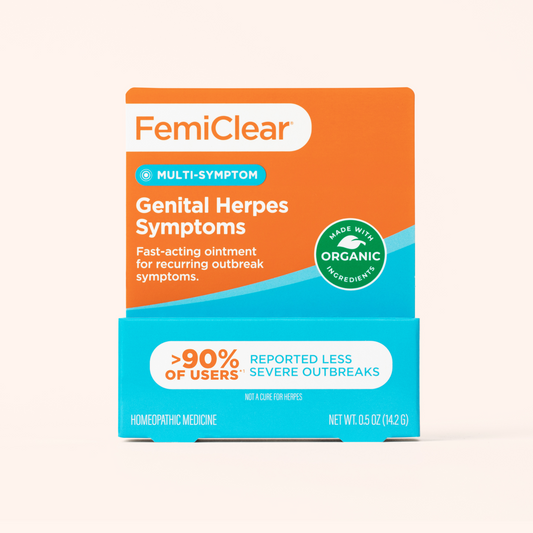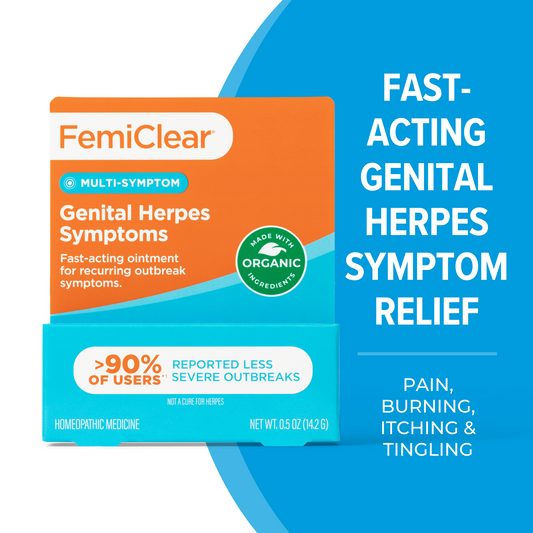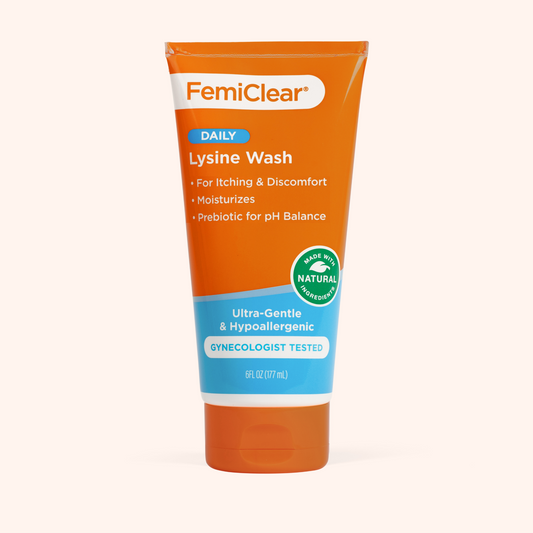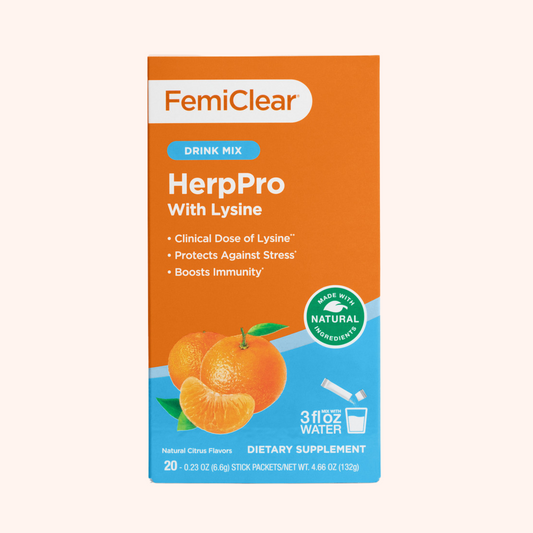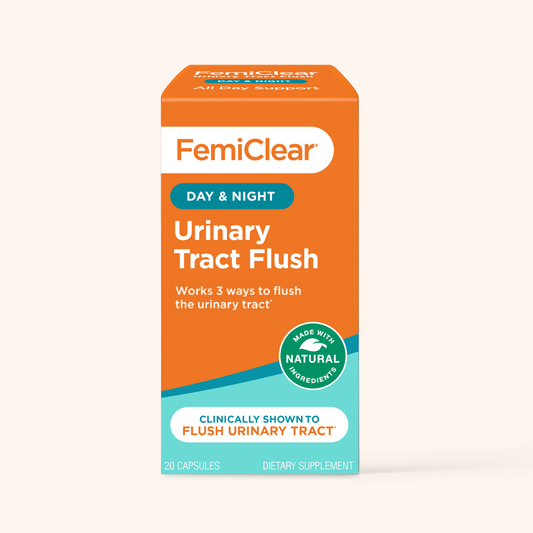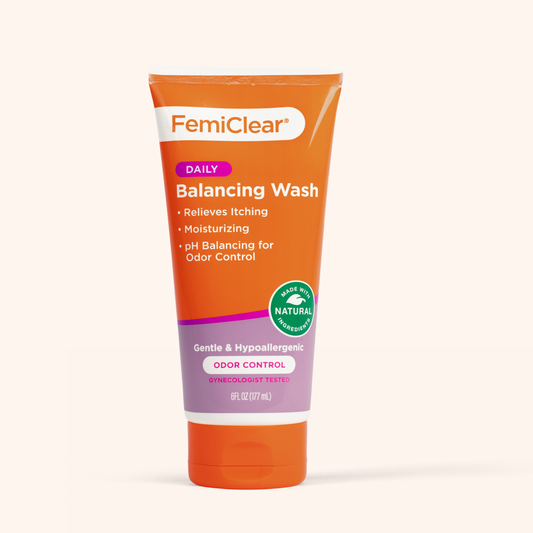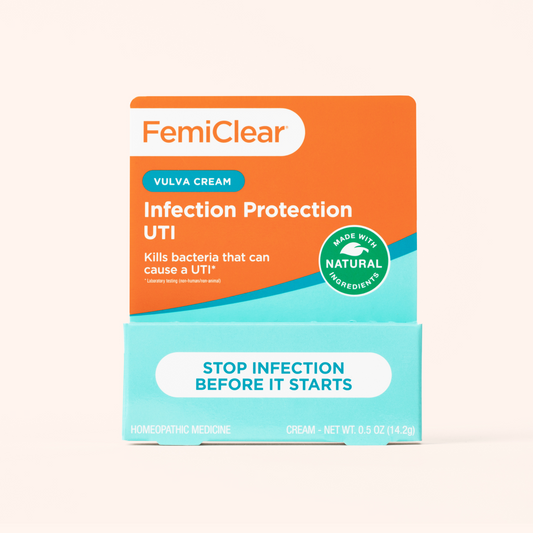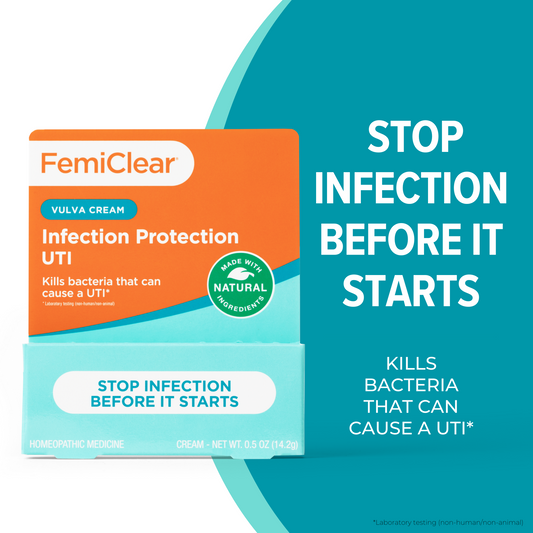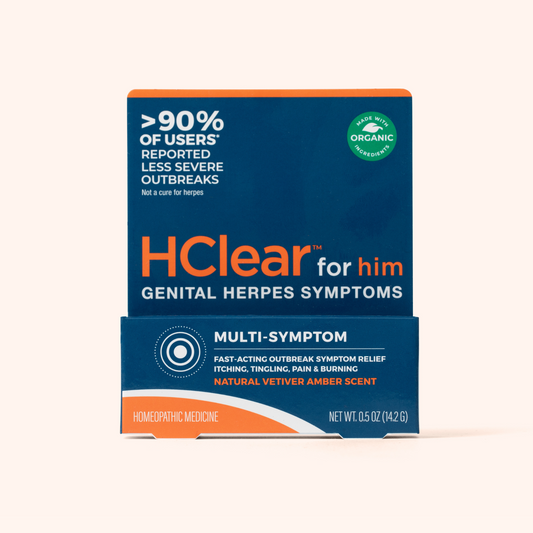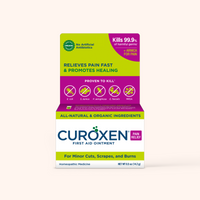Table of Contents
Related Articles
Table of Contents
How to Treat a UTI: Tips and Remedies for Relief From UTI Symptoms
Written by Jordan Liffengren Jul 10, 2023

We won't sugarcoat it—UTIs are a literal pain! If you've ever experienced one, you're familiar with the tell-tale signs. A burning sensation during bathroom breaks, a relentless urge to pee (even though you've already been), and that nagging ache in your stomach. To put it mildly, it stinks, and immediate relief is the only thing on your mind. We've been there, and we completely understand the struggle. That's exactly why we've put together this handy dandy UTI Survival Guide. From dissecting the causes and symptoms of UTIs to exploring effective remedies and prevention strategies to increase bladder strength, this comprehensive guide will give you the knowledge to take control of your health and start feeling better—fast!
What is a UTI?
The first step to getting help with a UTI is understanding what they are.
Better known as a urinary tract infection, UTIs are extremely common. Anyone can suffer from a UTI, and it is one of the most frequent clinical bacterial infections in women. In fact, about 60% of women and 12% of men will have at least one UTI during their lifetime. Unfortunately, some people are more prone to UTIs than others and will experience recurring infections. Women and individuals assigned female at birth have a higher risk of UTIs due to their anatomical structure. Since their urethra is much shorter and closer to the rectum, there is more opportunity for bacteria to infect the urinary tract.
How do you get a UTI?
It’s easier than you’d think! Normally, the urinary tract is sterile. A UTI occurs when bacteria, often from the skin or rectum, enter the urethra and infect the urinary tract. How to treat a UTI effectively depends on identifying its root cause, but prevention is always key. E. coli from the intestines is the culprit behind more than 90% of bladder infections.
Common ways to get a UTI
There are plenty of opportunities for these pesky germs to travel into the urinary tract and cause an infection. They range from unsuspecting to seemingly obvious, but these are the most common ways:
- Wiping back to front sends bacteria from the rectum into the urinary tract.
- Tight-fitting clothing doesn't allow your bits to breathe, creating a moist environment where bacteria can grow.
- Not drinking enough water prevents the urinary tract from flushing out bacteria, and incorporating a daily urinary tract supplement can help maintain optimal urinary health.
- Not peeing after sexual activity doesn't allow the urinary tract to cleanse itself after exposure to bacteria.
- Not changing pads or tampons during a menstrual cycle creates a breeding ground for bacteria.
- Holding your pee doesn’t allow residual urine to be flushed out of the bladder.
- Fluctuating hormones caused by menopause can irritate the vaginal area.
"Make sure to drink plenty of water. And depending on your age and risk profile, if you experience recurrent UTIs, consider a vaginal estrogen replacement."
-Kristin Mallon, CNM, RN, and Co-Founder and CEO at FemGevity
Uncommon ways to get a UTI
Some more unexpected ways you might get a UTI include:
- Having diabetes can result in a compromised immune system, incomplete bladder emptying, or fluctuations in blood sugar.
- Taking certain medications can cause you to retain more urine than usual.
- Eating too much sugar and drinking too much caffeine or alcohol can irritate the urinary tract.
- Condoms can increase the risk of UTIs because of increased irritation to the vagina.
- Sitting for long periods of time can increase the risk of UTIs and kidney problems due to a lack of physical activity.
- Pregnancy can cause UTIs due to increased pressure on the bladder and hormonal changes that disturb the urinary tract.
Related Article: Can Bacterial Vaginosis Cause Urinary Tract Infection Symptoms?
What are the symptoms of a UTI?
Fortunately, the symptoms of a UTI are usually easy to spot. Some easily recognizable symptoms include:
- Cloudy, bloody, or foul-smelling urine
- Burning pain or a “scalding” sensation when urinating
- Feeling like your bladder is still “full” after urinating
- Pain above the pubic bone
- Wanting to urinate more often and urgently, if only a few drops
If the infection reaches the kidneys, you may experience these additional symptoms:
- Chills
- Fever
- Loin (lower abdominal) pain
- Pain in the back
- Vomiting
Please keep in mind that these symptoms are serious, and if you are experiencing any of these, you should seek medical advice immediately.
How do you get relief from UTIs?
Now let’s get to the good stuff! You should always talk to your doctor if you notice symptoms to confirm your UTI and determine your next steps. Help with a UTI is readily available through both medical treatments and natural remedies.
Antibiotics
Antibiotics are the standard treatment for UTIs, as they quickly kill the bacteria causing the infection.
However, it’s important to know the risks of using antibiotics which include:
- Side effects like nausea, vomiting, diarrhea, rash, and yeast infection.
- Creating stronger strains of bacteria with overuse of antibiotics.
- Damaging helpful bacteria that help the body protect itself from further infection.
At-home remedies
In addition to antibiotics, there are several at-home remedies that help manage a UTI, including:
- Staying hydrated: Drinking lots of water helps to remove waste from the body while retaining nutrients and electrolytes.
- Urinating when the urge arises: This helps flush out bacteria from your system and limits the time it spends in your urinary tract.
- Drinking cranberry juice or taking a cranberry supplement: It’s not just an old wives’ tale—a 2020 study confirmed that cranberries have beneficial effects against urinary tract infections.
"Water, lemon, cranberry, and d-mannose are the most common natural remedies for UTIs."
-Kristin Mallon, CNM, RN, and Co-Founder and CEO at FemGevity
- Using probiotics: Antibiotics can upset your microbiome, but beneficial bacteria, like those found in some feminine probiotics, can help support balance.
- Practicing good sexual hygiene: Urinating after sexual activity and keeping genitals clean will help reduce the risk of a UTI. Using a quality feminine wash can further support cleanliness and help lower the risk.
- Wiping front to back: Wipe properly so that bacteria do not get into the urethra, and use separate pieces of toilet paper to wipe the genitals and the rectum.
How to avoid a UTI
We can all agree that the ultimate win is avoiding UTIs altogether. That’s why adopting proactive measures to arm yourself against infections and maintain a well-balanced urinary system is your best bet. Embracing regular practices like the at-home remedies mentioned above is a great way to keep things flowing. If you're wondering how to self-treat a UTI, prevention can often be the best remedy.
"The best ways to prevent UTIs include drinking lots of water and staying hydrated, as well as tips and tricks to keep your urine alkaline, like having a diet high in alkaline-producing foods such as leafy greens."
-Kristin Mallon, CNM, RN, and Co-Founder and CEO at FemGevity
Infection Protection (UTI) Vulva Cream
But guess what? Your defense against UTIs is about to get an upgrade. We’re excited to announce a new tool in your UTI protection kit with FemiClear’s Infection Protection (UTI) Vulva Cream! This revolutionary product helps stop recurrent UTIs by killing E. coli, the bacteria that cause 99% of UTIs. How to treat a UTI has never been easier with products designed for both prevention and relief.
Written by Jordan Liffengren Jul 10, 2023

Daily Urinary Tract Flush
Help reduce your risk of recurrent urinary tract infections
Learn More